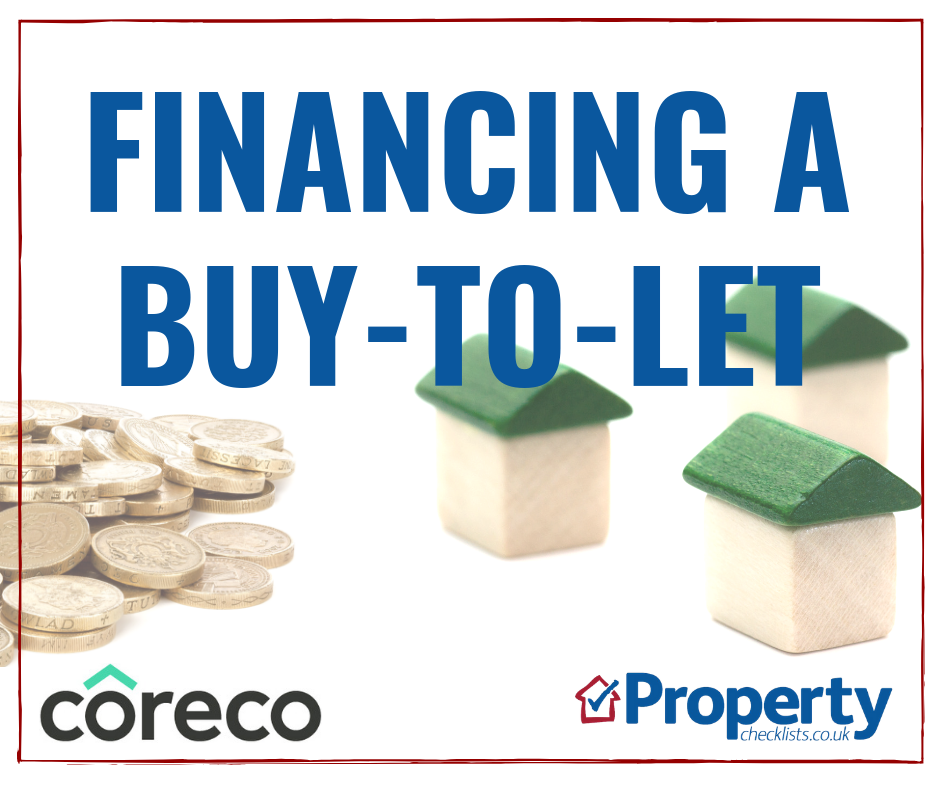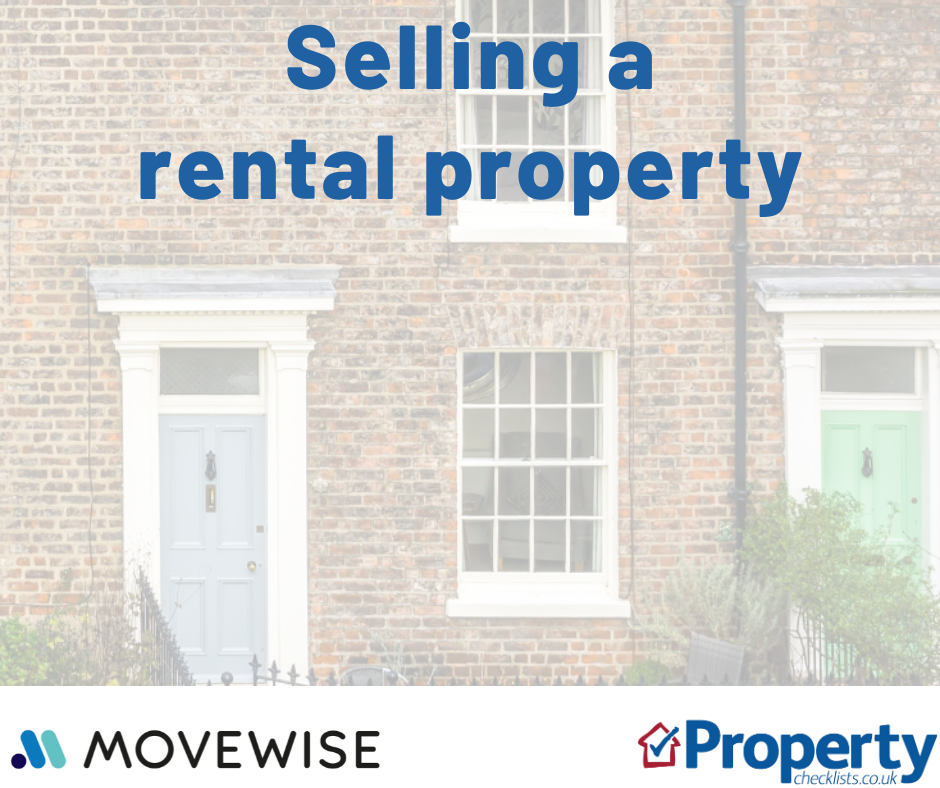
If you listened to the media – or indeed many so called ‘property gurus’ you would think that you just have to buy a property and hey presto you would be rich in just a few years.
However, the reality is, since 2005 property prices and indeed rents have not performed well versus the one thing they need to beat to make property a good investment: and that’s inflation.
As such, property investors need to make sure they are making real money because many I have worked with are pretty shocked to find that although their property has increased in value and their rent is covering their costs, or better still there is some money left over every month, they aren’t actually making money in real terms and some are even losing it instead.
The following is an ‘introduction’ to how to quickly check if your property is making real money or not, but to be 100% sure you need to work these numbers through for your personal properties and also do so net of tax. The tax applied is not done so purely for your property investment, it depends on the rest of your earnings and assets, so it’s very individual to your personal circumstances.
Adding property returns to your income and assets can push you into a higher tax bracket and in some circumstances it can mean you lose benefits if you earn more money – such as child benefits – which reduces your net income.
So, with that in mind, here’s a quick introduction to how you should assess your income and asset returns from property.
Firstly, investing in buy to let should deliver two returns: capital growth and rental income.
Up until the last few years, inflation, which is the rise in the cost of living, which is, simply speaking, the bills you pay, increased by, on average, 3% per year. However, with the spike in inflation over the last few years, this has now increased to 3.8% per annum.
And, that’s where your starting point is to assess whether your property portfolio is performing or not from a capital growth perspective, simply check – is the value of your property (properties) increasing each year at least as much a inflation or more than?
If they aren’t, then it means your properties could actually be losing you money. And, we know from analysis done by the likes of Zoopla, that although houses went up well during the pandemic – flats did not rise at the same rate, so it’s important to check your individual property values, not rely on information on ‘average’ price rises you hear in the media.
Example of how to check how much your property needs to be worth to keep up with inflation
If you bought a property in 2005 for £100,000, it would need to be worth £168,587.77 to just retain your investment value.
But actually this wouldn’t be enough growth to be successful.
That’s because you will have also paid out to capital costs to purchase and indeed to sell the property.
For example, if that property cost £100,000 you would have to have paid out costs such as legal, survey and other fees and costs such as Stamp Duty. Although in 2005 the Stamp Duty wouldn’t have been applicable, over the last few years, it would have added an extra £3,000 to the cost of buying.
During your ownership of the property there would have been capital costs (typically anything such as a conversion, extension or major renovation) so the property would have had to increased in value to cover these costs.
So, if you bought a property for £100,000 and incurred £5,000 costs to purchase it and £3,000 to sell it, your property, ideally needs to grow in value to £108,000 AND it needs to increase in value in excess of 3% each year, so over a 5 year period it would need to be worth approximately: £124,500 plus any capital costs you have incurred.
To check whether your property’s value has kept up with inflation, use the Bank of England Inflation Calculator.
How has the property performed net of tax?
This is probably one of the things that few newbie’s to investing in buy to let, in my experience, investigate prior to taking the plunge. And even if you have been investing in for a while, taxes have gone up dramatically for those investing in property and financial investments have been made much more attractive.
One of the key things people misunderstand about tax is that it doesn’t apply purely to your property investment. The tax you pay depends on all of your income and assets. It also means by adding property investment to your current income and assets that can:
Although a property may seem like a good deal ‘on paper’, until you understand your earnings net of tax, you could be overstating your investment returns.
You should also be able to understand and know whether your buy to let investment is delivering more or less than other investments. For example, if you are investing in property for a pension, is it performing better than investing in an actual pension?
This is very similar to capital growth, basically your rents should go up in line with inflation plus a little bit more.
Social housing providers are advised what they are allowed to increase rents by each year – and normally this will be inflation, plus a little bit extra. In 2023, they were allowed to increase rents up to 7.5%. In 2024 to 25 they can increase by 7.7% (Source: Social Housing).
Interestingly, private rents mostly increase by less than inflation – and that’s a big problem for landlords. This means that most landlords are giving themselves a ‘pay cut’ every year. And, if you are investing for the rent to pay you a pension, that means the money you earn will be going down, in real terms, every single year.
This is the ONS data which shows how much rents have risen across the different countries since May 2012.
Source: ONS
Apart from the last few years, this shows rents were rising (on average) around 2% a year versus 3%+ inflation. It also shows that private rents have consistently increased BELOW inflation. This includes the last few years when rental inflation has risen more than it’s 2-3% annual increase, although rents have risen a lot more than normal and it’s been hard for tenants, rental inflation has still, typically, been below the cost of living rises.
BUT it’s also important to know that the ONS figures mostly track ‘existing rental inflation’, not new lets. According to Zoopla and others, these have typically been rising at the double digits we have seen over the last few years.
What’s useful to know is that rents typically rise in line with wages, not inflation. This is why rents used to rise around 2% vs 3% inflation as wages rose at this rate and, along with stock shortages, this is why rents have increased so much more over the last few years – they can because wages (including pensions and benefits) have increased by double digits too.
What’s important to take from this, is that ideally landlords should increase rents in line with inflation – ie a little bit each year. Many landlords in the past have increased rents only when the tenant has left. As many tenants stay now for around four years, if you charged £1,000 rent in 2019, you would need to be charging £1,221.37 to keep up to date with inflation.
If you charged a bit more each year, this rise would ‘feel’ affordable by tenants, if you did a big jump in 2023 because of rises in mortgage or utility costs, having held down rental costs for several years, paying an extra £200 a month more by the tenant would feel ‘extortionate’.
To check whether your rents have kept up with inflation, use the Bank of England Inflation Calculator.
Some people invest in buy to let purely for income, while others invest purely for capital growth. Many will invest for a bit of both.
In reality, looking at individual property returns, since 2005, those which perform well capital growth wise tend to struggle to deliver decent income – unless they have been owned over a long time. Those which perform well income wise, don’t tend to perform well capital growth wise. The idea that properties ‘double’ in value every 10 years is actually outdated and it happens rarely these days, especially for flats, so you must keep track annually of your own properties value, using help from a local expert – either an agent or an RICS surveyor.
Once you know what your property’s value has increased by and you can add your rental income to this growth, you can work out how much your property or portfolio is delivering, net of tax and then ask the question – is your investment beating inflation?
If it is, it’s working well for you, if it isn’t, it’s worth investigating other investments, especially if all your money is in one ‘property investment’ basket.
Here’s a simple example:-
If the property had been bought with cash, even if the property was sold at over £250,000, the investor wouldn’t have earnt a penny more than they day they bought it.
If the property had been bought with a mortgage, the amount invested would need to have increased in line with inflation, in this case, with a 25% deposit, that would a cash investment of around £60,000.
That’s why investing in a property, long term with a mortgage can mean your property investment delivers a lot better than investing with cash.
Once you know what the increase in value of the property is, whether it’s owned 100% with cash or partly with a mortgage, you can then work out what additional monies you have earned thanks to the rental income you have received.
You would need to know your income net of tax each year, so you would need to know how much you earned each year and add this up.
As an example, you might earn £700 a month from the property without a mortgage, or £200 net with a mortgage. Over the last 12 months the money earnt net of a mortgage may have disappeared with the increase in mortgage rates, or indeed mean you are making a loss.
So if you earnt £600 a month since 2019 and there were no voids, you would add to the capital growth of the property, this sum eg 12 months x 5 years = 60 months, which at £600 would be: £36,000.
If you earnt £200 net a month, that would be an additional £12,000 you would add to the capital growth.
This would give you your overall return of net capital growth, for example £50,000, and you would add whatever the net rental income would be, in the examples above of £12,000 or £36,000.
There isn’t an easy answer to whether your property is performing well for you or not. That’s because all the numbers are very personal to your individual investments and they are very personal to your objectives.
So you could have the same investment portfolio as anyone else, with the same numbers, but for you it could work really well, for the other person it might not. It depends on your financial objectives.
The best thing to do next is to go through these numbers with your tax accountant who will be able to run the numbers for you.
They can do this whether you are thinking about an investment or whether you want to check your current investment.
Then, once you are sure you know the performance numbers from your property investment, it’s worth speaking to an independent financial advisor to check what returns they can achieve for your investment to see if they could do better or you have beaten other investments such as pensions.
Need more help? Contact us.
|
Buying at auction - |
Financing a buy to let - |
Selling a rental property - |
 |
 |
 |